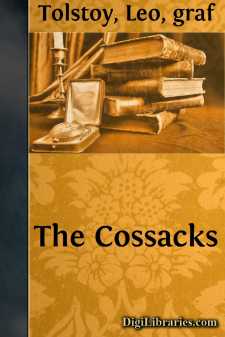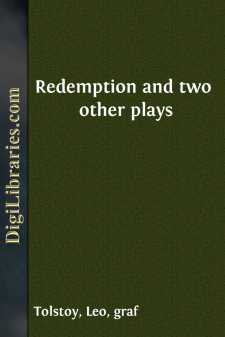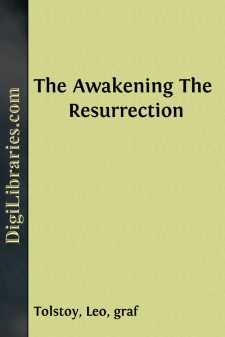Categories
- Antiques & Collectibles 13
- Architecture 36
- Art 48
- Bibles 22
- Biography & Autobiography 815
- Body, Mind & Spirit 144
- Business & Economics 28
- Children's Books 18
- Children's Fiction 14
- Computers 4
- Cooking 94
- Crafts & Hobbies 4
- Drama 346
- Education 58
- Family & Relationships 59
- Fiction 11835
- Games 19
- Gardening 17
- Health & Fitness 34
- History 1378
- House & Home 1
- Humor 147
- Juvenile Fiction 1873
- Juvenile Nonfiction 202
- Language Arts & Disciplines 89
- Law 16
- Literary Collections 686
- Literary Criticism 179
- Mathematics 13
- Medical 41
- Music 40
- Nature 180
- Non-Classifiable 1768
- Performing Arts 7
- Periodicals 1453
- Philosophy 65
- Photography 2
- Poetry 896
- Political Science 203
- Psychology 44
- Reference 154
- Religion 515
- Science 126
- Self-Help 85
- Social Science 83
- Sports & Recreation 34
- Study Aids 3
- Technology & Engineering 60
- Transportation 23
- Travel 463
- True Crime 29
Our website is made possible by displaying online advertisements to our visitors.
Please consider supporting us by disabling your ad blocker.
The Cossacks
by: Leo Tolstoy
Categories:
Description:
Excerpt
Chapter I
All is quiet in Moscow. The squeak of wheels is seldom heard in the snow-covered street. There are no lights left in the windows and the street lamps have been extinguished. Only the sound of bells, borne over the city from the church towers, suggests the approach of morning. The streets are deserted. At rare intervals a night-cabman's sledge kneads up the snow and sand in the street as the driver makes his way to another corner where he falls asleep while waiting for a fare. An old woman passes by on her way to church, where a few wax candles burn with a red light reflected on the gilt mountings of the icons. Workmen are already getting up after the long winter night and going to their work—but for the gentlefolk it is still evening.
From a window in Chevalier's Restaurant a light—illegal at that hour—is still to be seen through a chink in the shutter. At the entrance a carriage, a sledge, and a cabman's sledge, stand close together with their backs to the curbstone. A three-horse sledge from the post-station is there also. A yard-porter muffled up and pinched with cold is sheltering behind the corner of the house.
'And what's the good of all this jawing?' thinks the footman who sits in the hall weary and haggard. 'This always happens when I'm on duty.' From the adjoining room are heard the voices of three young men, sitting there at a table on which are wine and the remains of supper. One, a rather plain, thin, neat little man, sits looking with tired kindly eyes at his friend, who is about to start on a journey. Another, a tall man, lies on a sofa beside a table on which are empty bottles, and plays with his watch-key. A third, wearing a short, fur-lined coat, is pacing up and down the room stopping now and then to crack an almond between his strong, rather thick, but well-tended fingers. He keeps smiling at something and his face and eyes are all aglow. He speaks warmly and gesticulates, but evidently does not find the words he wants and those that occur to him seem to him inadequate to express what has risen to his heart.
'Now I can speak out fully,' said the traveller. 'I don't want to defend myself, but I should like you at least to understand me as I understand myself, and not look at the matter superficially. You say I have treated her badly,' he continued, addressing the man with the kindly eyes who was watching him.
'Yes, you are to blame,' said the latter, and his look seemed to express still more kindliness and weariness.
'I know why you say that,' rejoined the one who was leaving. 'To be loved is in your opinion as great a happiness as to love, and if a man obtains it, it is enough for his whole life.'
'Yes, quite enough, my dear fellow, more than enough!' confirmed the plain little man, opening and shutting his eyes.
'But why shouldn't the man love too?' said the traveller thoughtfully, looking at his friend with something like pity. 'Why shouldn't one love? Because love doesn't come … No, to be beloved is a misfortune. It is a misfortune to feel guilty because you do not give something you cannot give....







